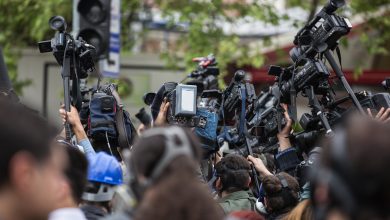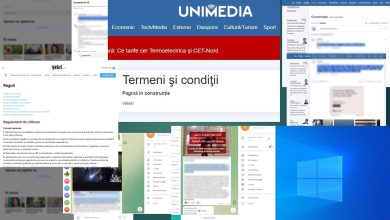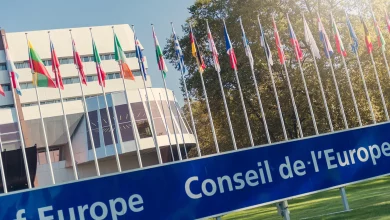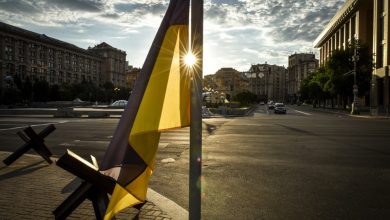A decision of the Commission for Exceptional Situations intended to block online sources “used in information warfare”. What it entails
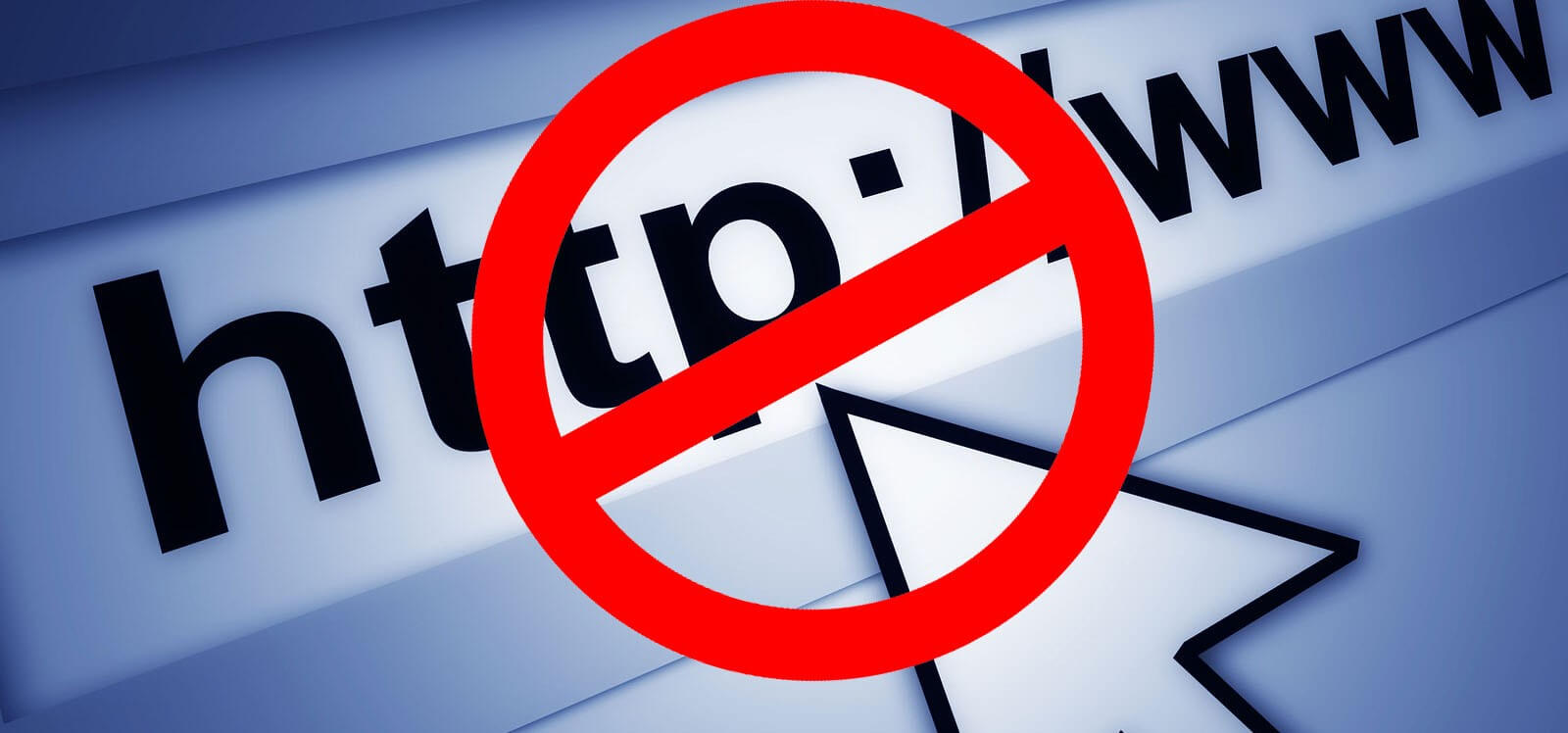
A decision of October 4 of the Commission for Exceptional Situations (CES) provides for creating a list of websites that can be blocked for promoting content that might affect the national security of the country with “online sources that are used in the information warfare against the state.”
The recent decision of the CES is aimed to supplement the document issued in February 2022, when a state of emergency was declared on the territory of Moldova in connection with the outbreak of the war in Ukraine. According to that decision, internet access service providers have the obligation to block online sources that promote fake news on issues affecting national security, as well as those that, through the promoted messages, incite hatred, mass disorder or war, under the conditions of the state of emergency. Decisions on blocking these sources are issued by the National Regulatory Agency for Electronic Communications and Information Technology (ANRCETI) based on a list drawn up and published by the Information and Security Service (ISS).
According to the new CES document, the list is supplemented with websites that are used in the information warfare against Moldova. According to the law, “information warfare” means the entirety of actions carried out through propaganda, media aggression, manipulation and disinformation in order to undermine the sovereignty, independence and territorial integrity of the state.
Daniel Vodă, spokesman for the Government, commented on the decision that it is “new measures to improve the monitoring of the information space (online) by the Information and Security Service, a vital activity to secure the electronic resources of our country, thus protecting citizens and national interests from potential hybrid, cyber threats and disinformation. (…) The previously applied mechanism is already known and obviously the same mechanism will be maintained. By supplementing the decision, implementation levers were clarified.”
On the other hand, Cristina Durnea explained, in the Lawyer of the Press section of the Independent Journalism Center, the criteria that the ISS would use to determine when a particular online source is used in information warfare against the state. At the same time, the lawyer noted that, under the new decision of the CES, it will be possible to also block portals that will “alter the content of the published information” through manipulation, misinformation, concealment or falsification of information and that come from persons included in the international sanctions’ lists (e.g. Ilan Sor, Vladimir Plahotniuc, Gheorghe Cavcaliuc, Marina Tauber, Veaceslav Platon, etc.).
“We should note that the CES provision operates with a number of notions such as propaganda, manipulative presentation, selective coverage, concealment or manipulation, which, for obvious reasons, are not defined in regulatory acts and, being of a very vague nature, leave room for interpretations that are excessive and unfavorable to freedom of expression. It remains uncertain how (or if) the authorities will demonstrate, for example, that content alteration through manipulation, concealment or falsification of information on a website has the potential to generate panic, tension or social conflict. Moreover, the application of sanctions for content alteration through concealment of information seems to be a disproportionate measure,” argues Cristina Durnea.
Mediacritica.md previously wrote about the fact that in 2022, the ISS issued orders blocking 12 online resources promoting fake news on topics that affect national security, as well as online sources that, through promoted messages, incite hatred, mass disorder or war. Others followed in 2023, a notable case being that of five clones of Sputnik.md.

